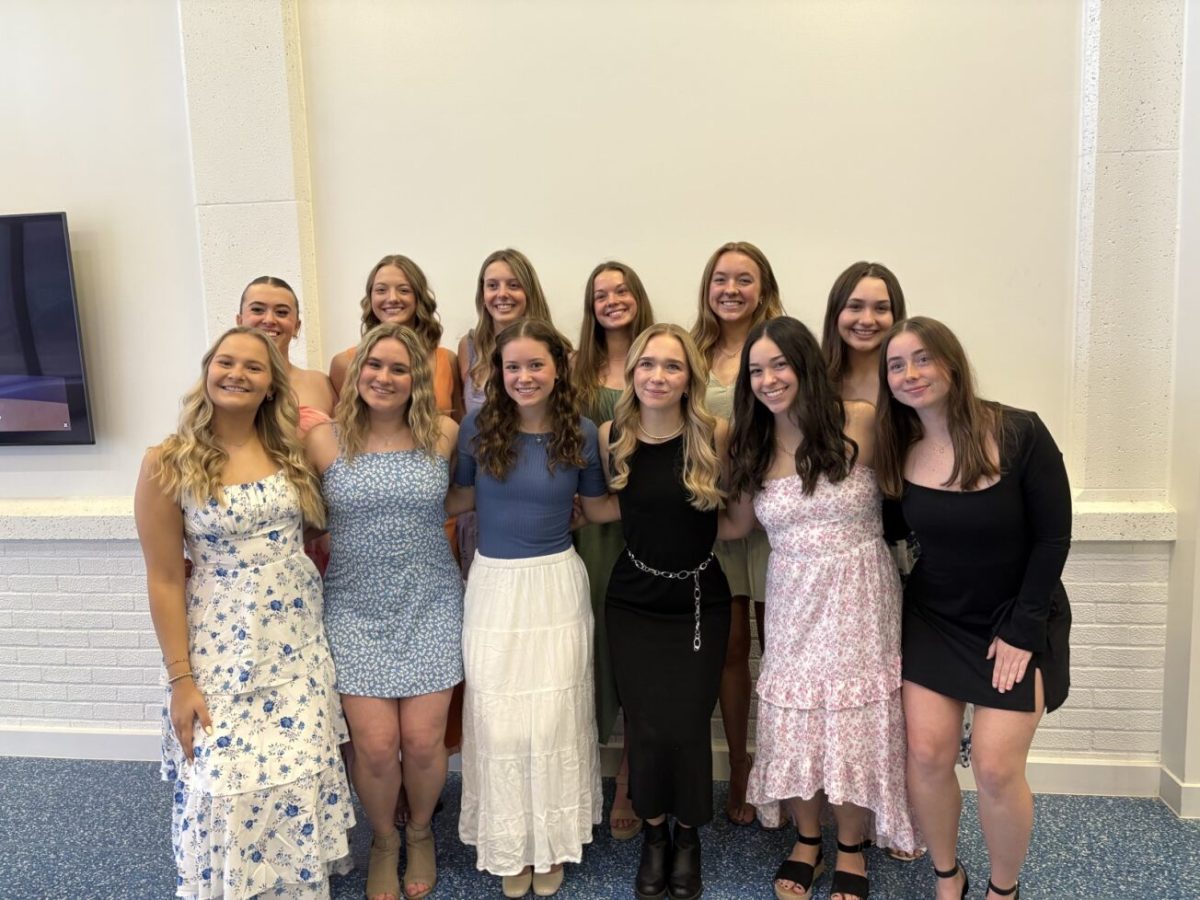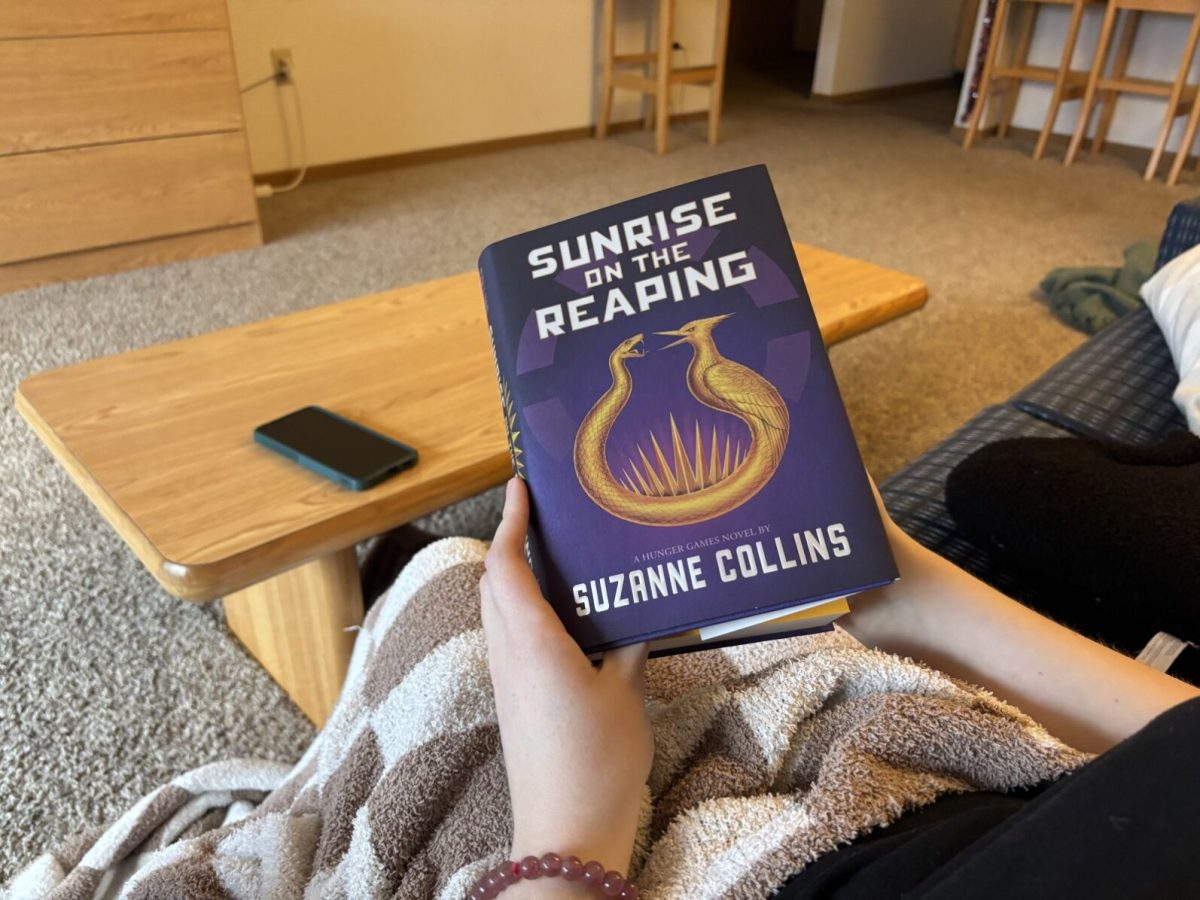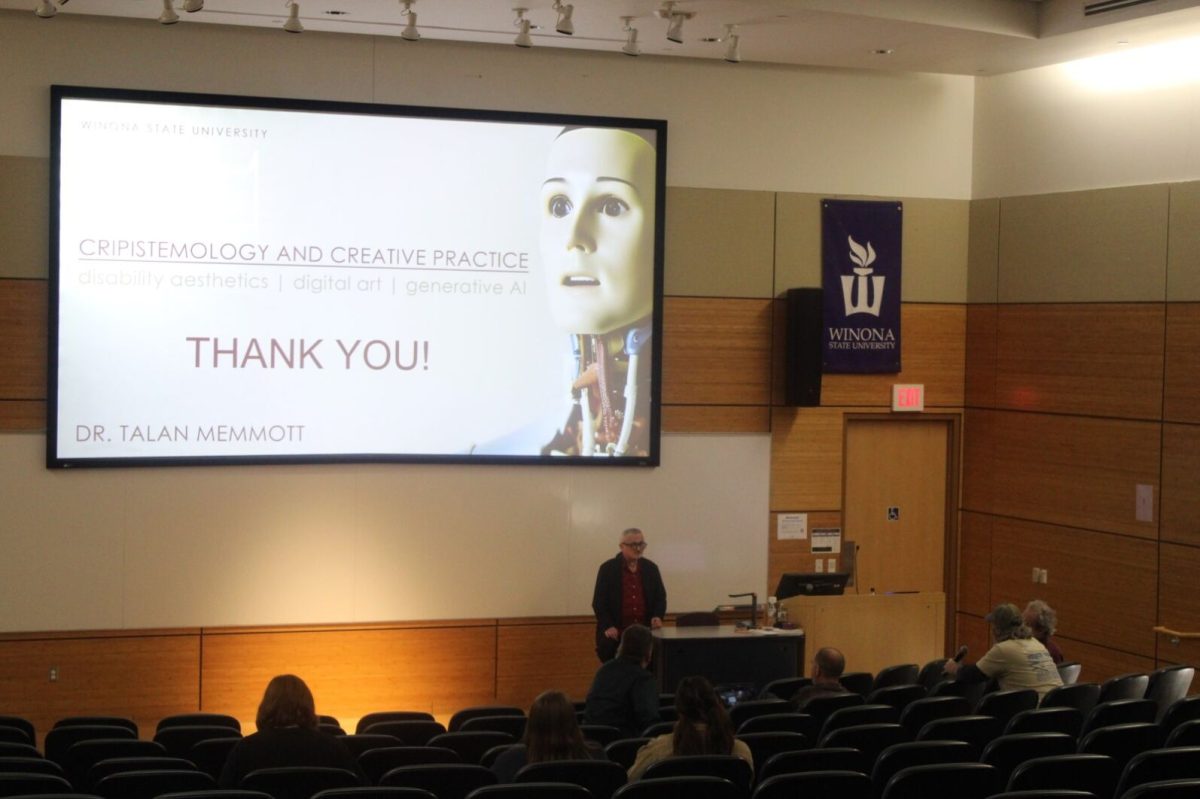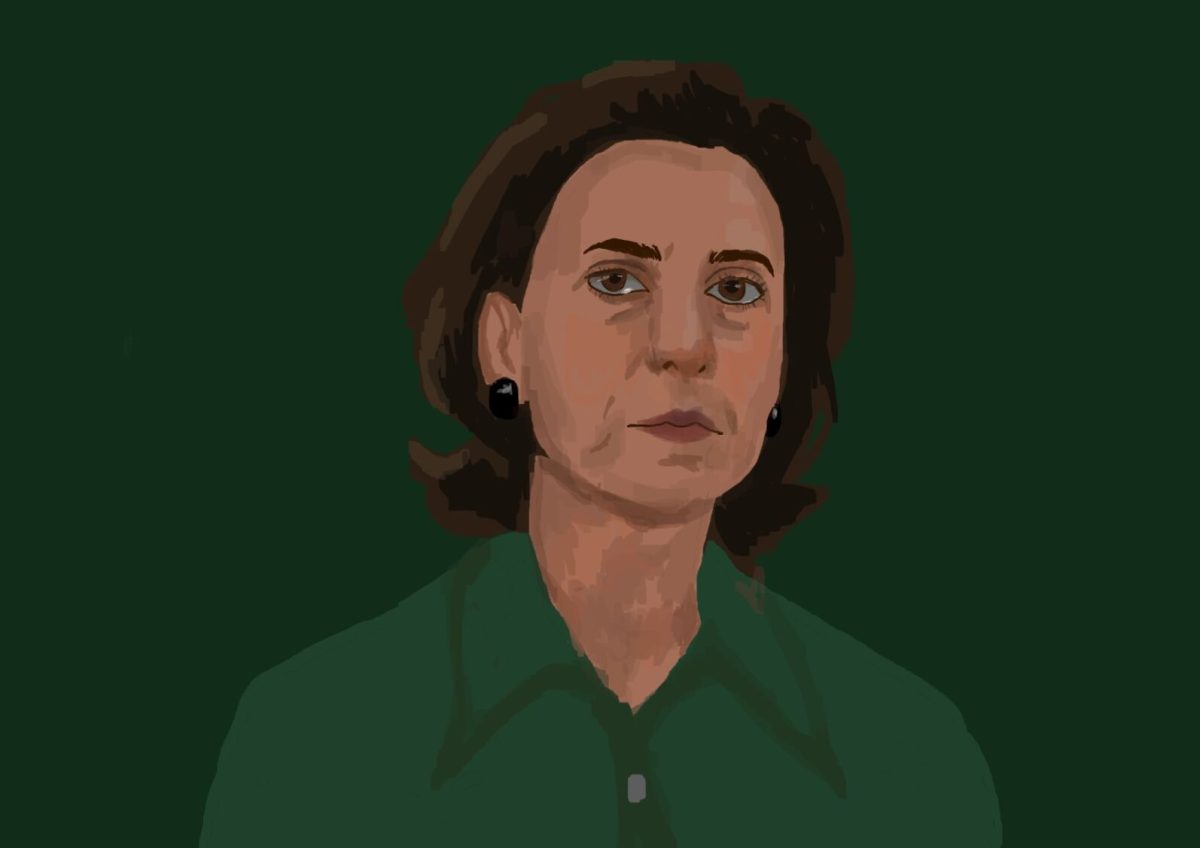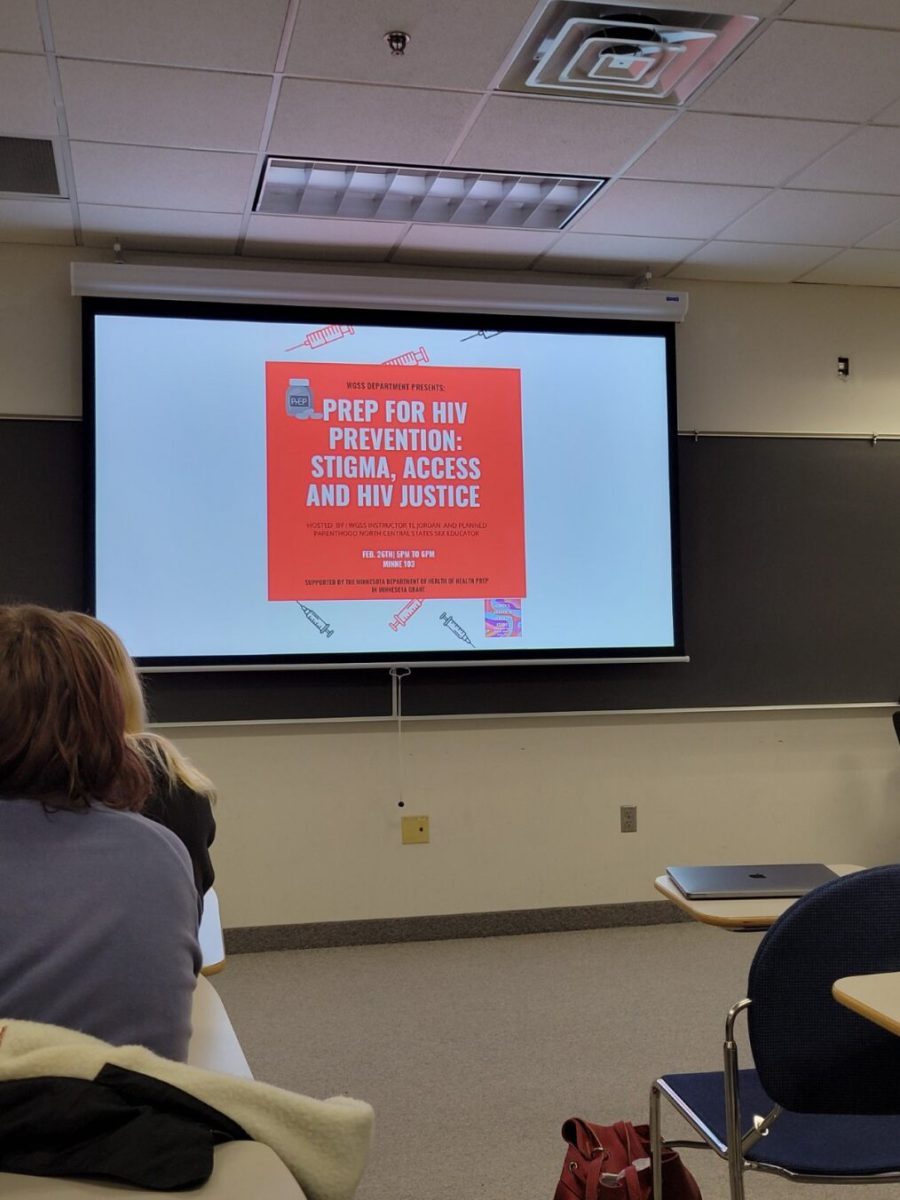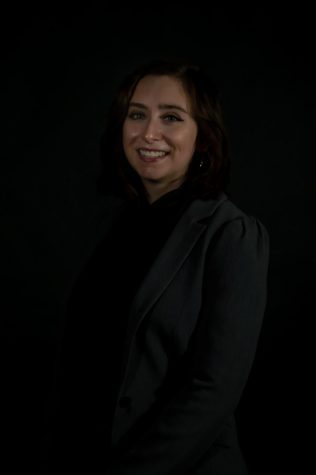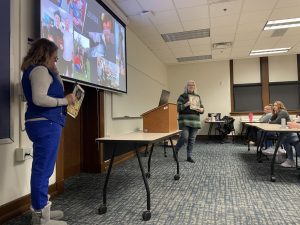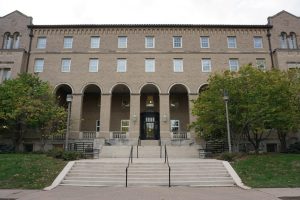Mass Communication department understaffed, teaching overloads

September 16, 2020
The 2020-2021 school year marks the third year in a row that Mass Communication professors at Winona State University have taught an overload of classes.
When Tanya Ryan, head of the Mass Communication department, began working at Winona State in 2008, the department had 11 professors. She says the current curriculum is still built for 11 professors, despite the fact that the department has lost multiple professors who haven’t been replaced.
Tom Grier, a professor in the Mass Communication department, is teaching overloads this semester.
“It’s been a difficult time in the last three years for the Mass Communication department,” Grier said. “We’ve had a couple of retirements already, and we have a couple more coming. In order to fill in the gaps when people retire and we haven’t replaced those people, many professors are teaching overloads.”
This semester is the sixth or seventh semester in a row that Grier has taught overloads, he said.
Professors at Winona State typically teach four courses per semester.
Grier has been teaching five courses per semester in recent years, and this semester he is teaching six. He is only teaching one credit of the sixth course.
“I normally teach five courses per semester,” Grier said. “I’m normally assigned four but then the university or the chair of our department will come to faculty and say ‘would you consider teaching an overload, we really need this class to be offered. If somebody doesn’t offer it, then students won’t graduate on time.’”
Grier said he always tries to teach overloads if he can fit it into his schedule so that he can help students.
Professors who teach overloads are paid extra.
“It’s not completely altruistic,” Grier said. “I get paid extra to do it, it’s like working overtime at a factory. I don’t mind working a little overtime to get paid a little extra.”
The department used to have 11 faculty members who taught four courses per semester, equaling 88 courses per year throughout the department. Now, multiple faculty members have retired and haven’t been replaced.
John Vivian, a journalism professor, retired abruptly this past May. Since Ryan creates course schedules a year in advance, this meant that some courses were deleted for this year, and professors needed to teach overloads in order for the department to offer certain courses.
Last spring, Winona State offered a monetary incentive to faculty members to retire between the spring of 2020 and the summer of 2021.
At least three Mass Communication professors have taken the deal. This could create a greater need for overloads in the 2021-22 school year.
Ryan will be meeting with Peter Meine, dean of the College of Liberal Arts, to discuss next year’s schedule, now accounting for more retirements.
She said that the retiring professors and professors teaching overloads has been “a big stressor” for her.
Ryan said she is concerned about faculty burnout.
“I think people will get burned out, and that isn’t good for students or faculty members,” Ryan said.
Grier said he is already feeling burnt out.
“I like being busy, but in semesters where I teach overload and especially extra overload, I do sense burnout,” Grier said. “Even within this last week, there were times I said to my wife ‘I’m so far behind, I can’t get caught up in my classes’. I feel like I’m barely getting my class ready to go as I’m entering my Zoom room, and I don’t think that’s a great way to teach.”
Grier has also heard other faculty members say they are experiencing burnout.
Kathryn Hannahan has been hired for the 2020-21 school year on a fixed term to teach both creative digital media and journalism courses.
According to Grier, she was hired to replace both Cindy Killion, who retired in 2018, and Ellen Severson, who retired in 2019.
Her fixed term means she can currently only work at Winona State one year at a time, and her fixed term may only be renewed up to four years.
Grier is “very worried” about whether or not professors who retired at the end of the last academic year, or professors retiring at the end of this year, will be replaced.
This spring, both Grier and Dan Eastman, another Mass Communication professor, will be retiring.
“Neither one of us really wanted to retire this early,” Grier said. “But the university offered an early retirement incentive to maybe get some of the older people out, and maybe get some new younger faculty in.”
Grier is worried about the state of the department after he and Eastman retire.
“I know the department will go on without us, but I sure hope they hire two more people with skills and abilities and experience to teach,” Grier said. “I love this department and I don’t want to harm it by my leaving.”
The journalism department in particular may suffer due to the retirement of John Vivian, and Grier’s upcoming retirement.
Grier is currently teaching about half of the journalism courses.
He said that the university will need to hire another journalism professor after his retirement.
“I think the university knows the importance of journalism,” Grier said. “I don’t think the major will go away.”
Grier said he believes the department will be fine as long as retiring professors are replaced.
“I think journalism and mass communication will be fine. Somebody just needs to keep reminding them that we can’t keep doing more with less,” Grier said. “We lost a couple people and didn’t replace them, so we all tightened our belts and figured out how to get it done. We can’t keep doing that forever.”






